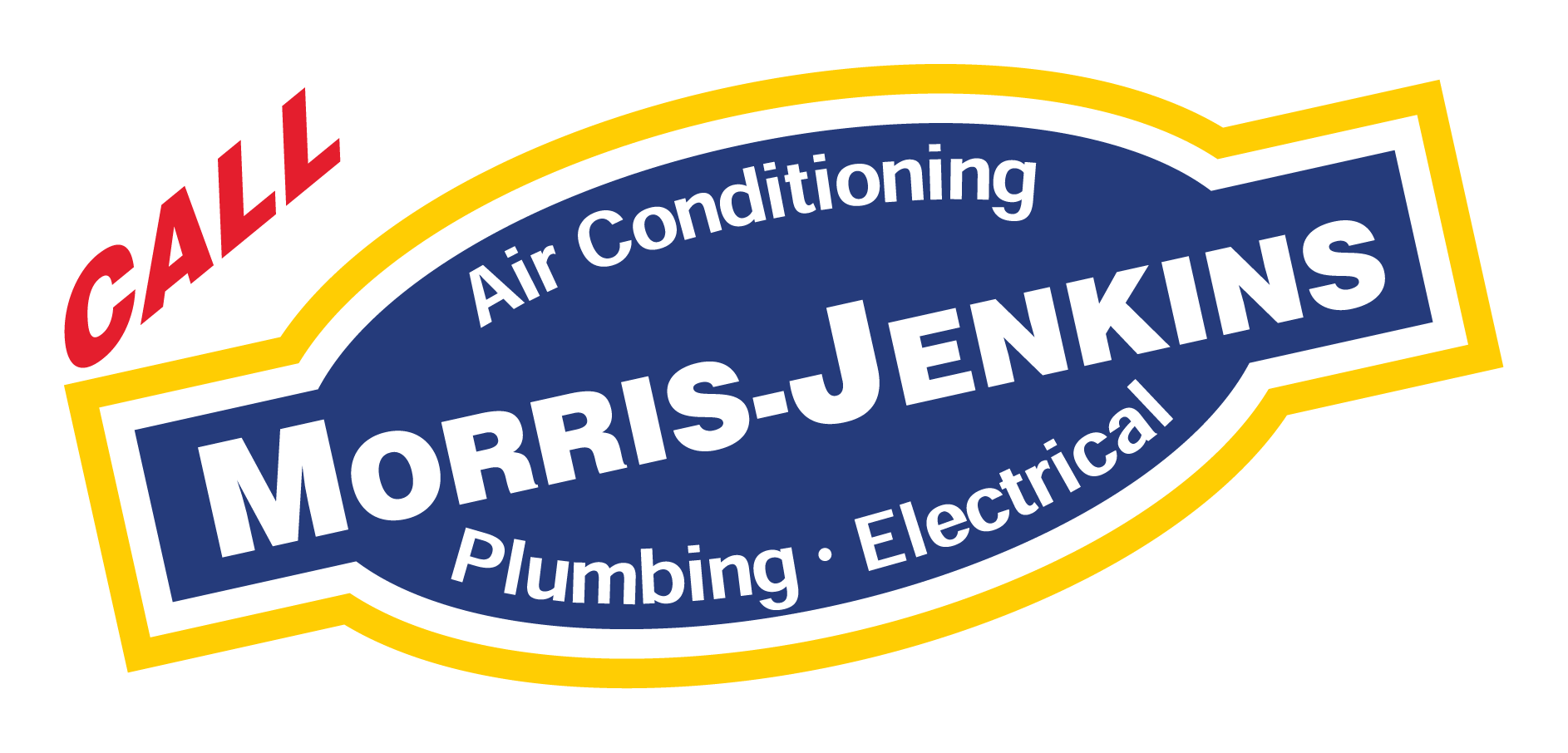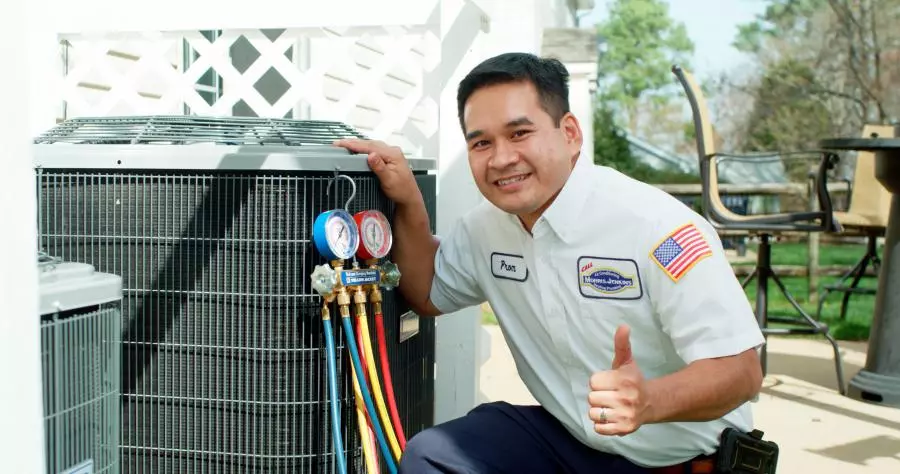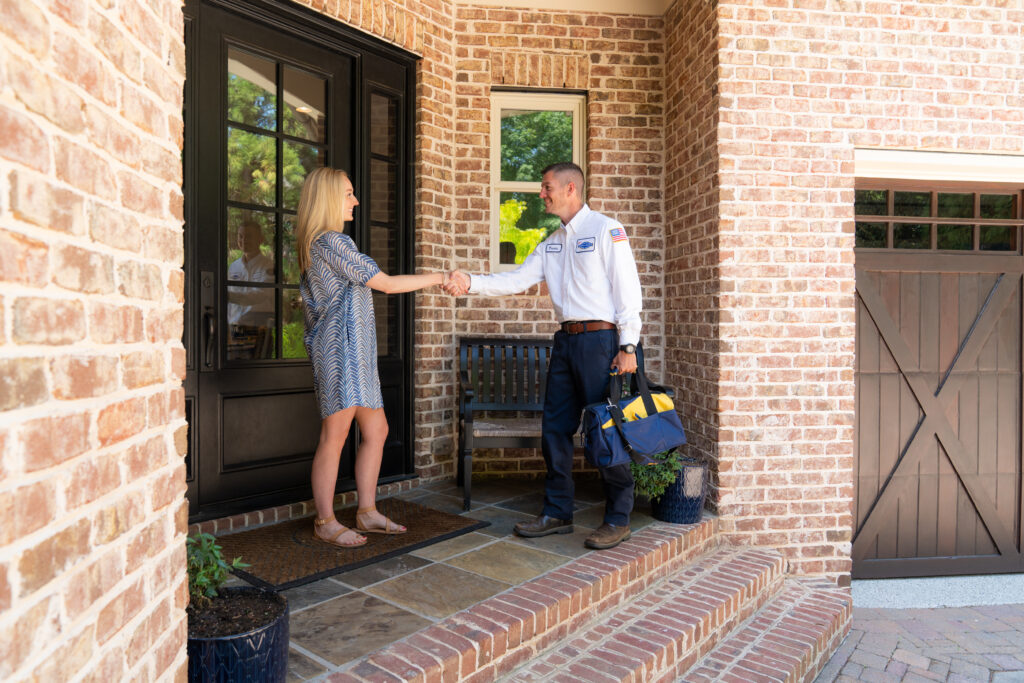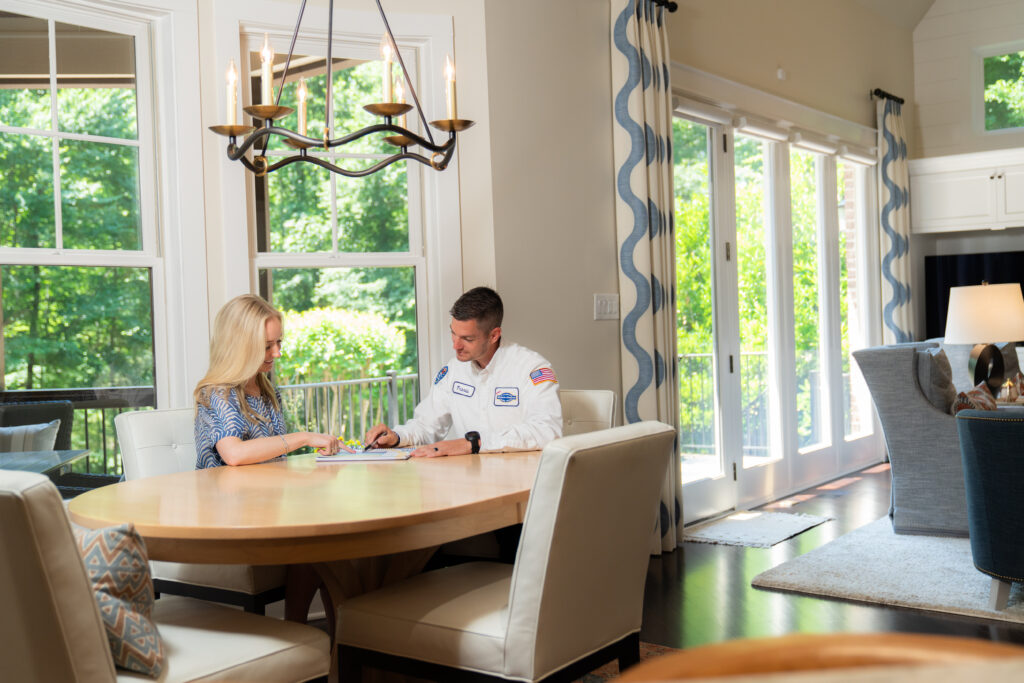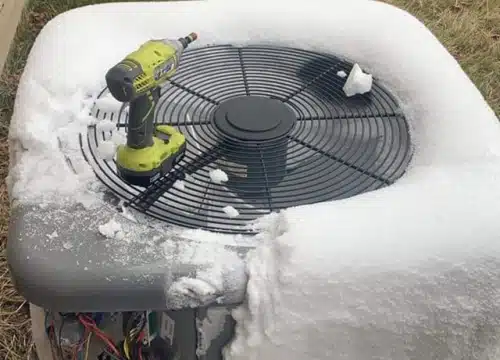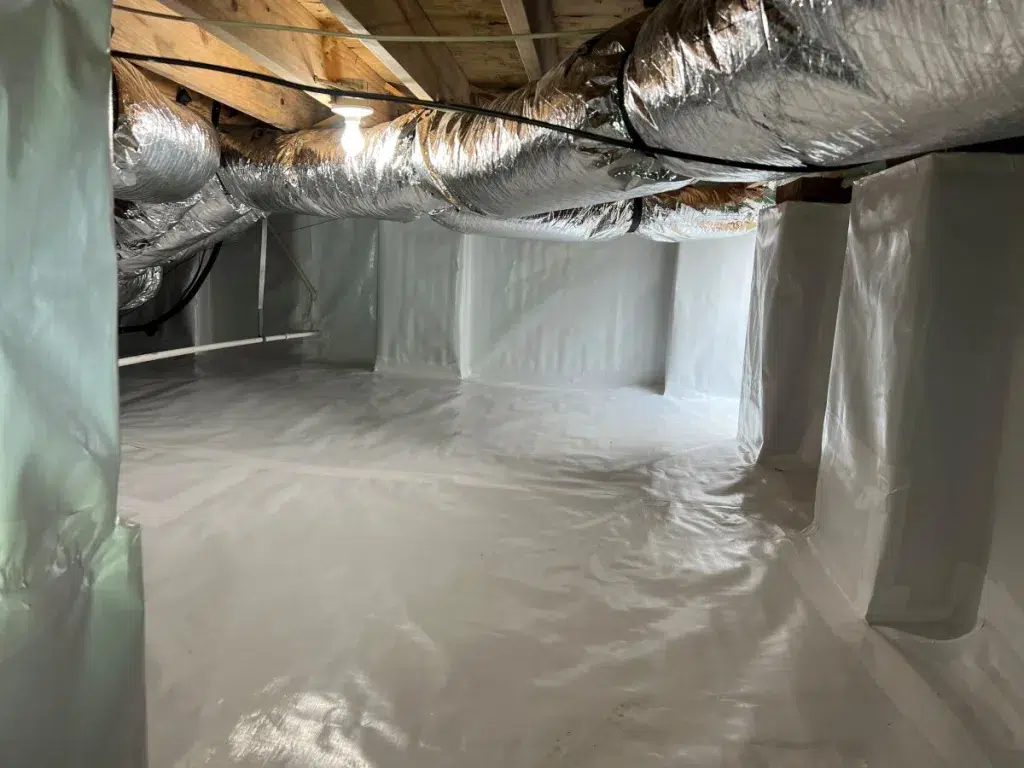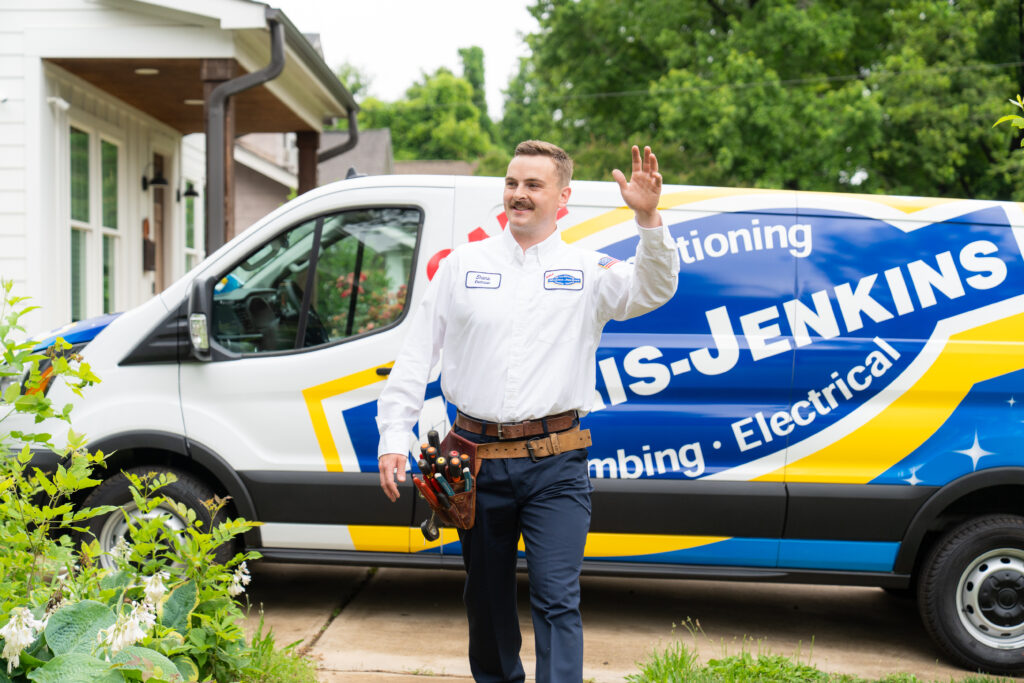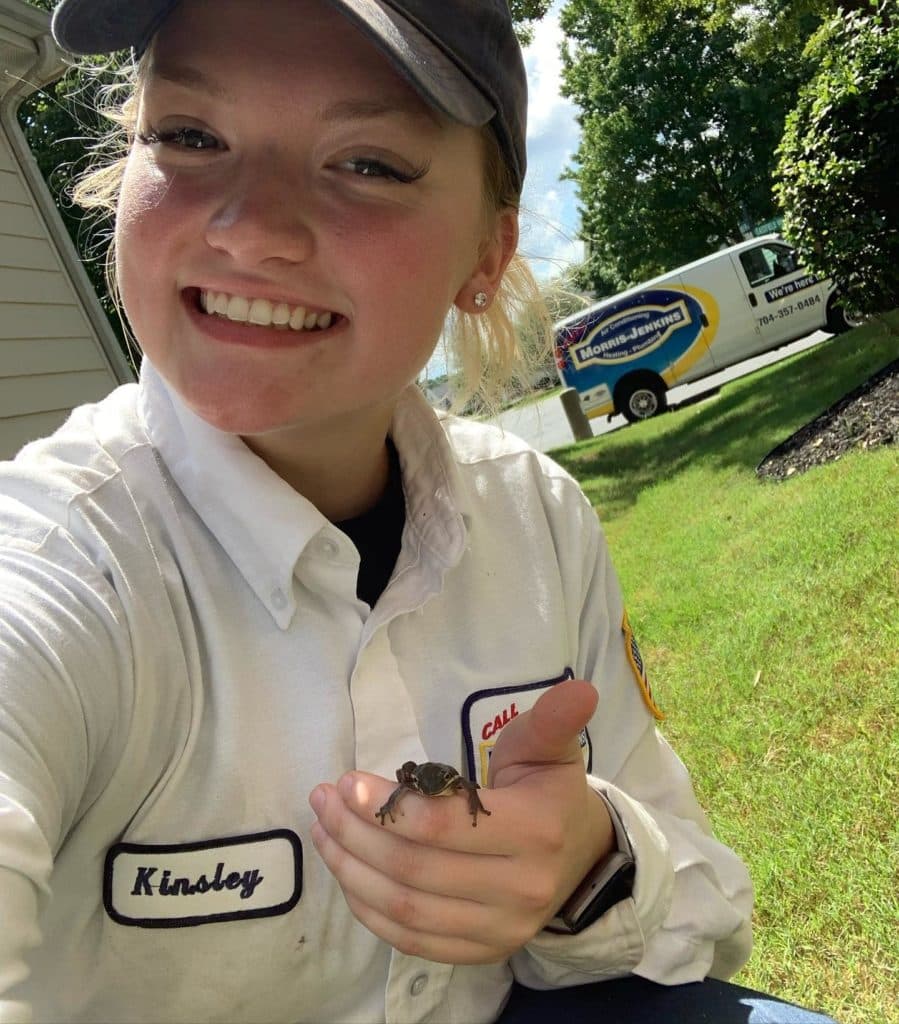It’s a question we hear all the time: Is HVAC maintenance actually worth it? It’s a fair question, especially if you’ve never had a tune up before or your system seems to be running just fine. After all, if it’s not broken, why fix it, right?
The truth is, HVAC maintenance is one of those things that pays off in ways you might not notice right away… but you’ll definitely feel the difference over time. Regular maintenance helps prevent breakdowns, keeps your energy bills lower, and can even extend the life of your system by several years.
Keep reading, and we’ll talk about the benefits of furnace maintenance, what actually happens during each type of HVAC system tune-up, and how often you should be scheduling them.
The Benefits of Maintenance
You’ve heard about maintenance, and you’ve never known whether or not you should schedule it for yourself. We know you might be hesitant, so why don’t we talk through some of the many benefits you can take advantage of with regular maintenance? You’ll get:
- Fewer breakdowns and repairs – Regular maintenance catches small issues early, so they don’t turn into big (and expensive) problems later.
- Lower energy bills – A clean, well-tuned system doesn’t have to work as hard, which means it uses less energy to keep you comfortable.
- Longer system lifespan – Taking care of your HVAC system helps it run smoothly for years longer than one that’s neglected.
- Better indoor air quality – Dust, dirt, and allergens get cleared out during maintenance, so the air in your home stays fresher and healthier.
- Consistent comfort – When every part of your system is working like it should, you’ll notice more even temperatures and better airflow throughout your home.
So, is HVAC Maintenance Worth It?
Yes! HVAC maintenance is absolutely worth it! No matter the type of heating or cooling system you’re dealing with, regular tune-ups will keep them working their best.
Furnace Maintenance
Your furnace is a literal fire inside your home. Do you want that fire going unchecked?
Your furnace actually drives your AC. Half of your air conditioner is in your yard, and half is attached to your furnace. This means your furnace doesn’t get a summer break! Your AC depends on your furnace to move air. Your unit’s control board, blower, and electronics work harder to push air in the warmer months, so your furnace is more likely to go bad during the summer.
During the winter, your igniter goes from the outside temperature to about 1800 degrees Fahrenheit and back to cool, all in less than a minute. Understandably, this can wear things down over time! Your HVAC contractor will check your igniter during your furnace maintenance visit to make sure there’s no damage.
While your technician is in your attic or crawl space, they’ll inspect all your ductwork. It’s important to make sure all ductwork is connected properly and that no dirty attic or crawl space air is leaking into your home.
Dust & Debris in Your Furnace
Dust and debris can cause a lot of problems with your furnace, and many of these problems can be costly. Some problems specifically affect those in your house with allergies or asthma, but some issues are far more harmful, and they can hurt anyone and everyone in your home.
Heat Exchangers
If your blower gets weighed down with dust, it will slow the flow of air, and your motor can burn out. Not only that, but a dusty furnace can overheat. This causes it to shut down—your unit’s safety features try to prevent the temperature of that fire from getting too extreme. The constant on-off of your heat exchanger leaves it vulnerable to cracks, introducing carbon monoxide to your family’s home.
Because your furnace uses fire to create heat, all that smoke has to go somewhere. That’s where the inducer motor comes into play! Have you ever tried to drink out of a straw with a hole in it? You probably didn’t get much of your drink to come through the straw. The same thing can happen with your furnace. If there’s a crack or hole in the inducer motor, its housing, or the tubing, your furnace won’t start up.
If your gas pressure is set too high, the flames in your furnace can actually burn holes in your heat exchanger. Just like cracks, this allows carbon monoxide into your home. We’ll be sure to check your gas pressure to make sure it’s appropriate for your system!
One of the main things we look for during maintenance visits is cracks in heat exchangers, simply because they’re so dangerous—we wanna keep your family safe!
Safety Systems
Your furnace comes equipped with safety systems that protect your family in the event of a failure within your unit. Your furnace has a flame sensor, which does exactly what it sounds like! The flame sensor detects the heat from flames in your heat exchanger, and if it doesn’t detect the fire when it’s supposed to, it shuts off the furnace’s gas supply, preventing wasted or leaking gas. Your tech will clean off your flame sensor, so it can continue to correctly detect heat.
If something isn’t working right in your heat exchanger, it can cause a flame rollout. This puts your home and family at risk of a fire. Your furnace has two rollout sensors that’ll shut the unit down if it detects flames where they don’t belong, but these sensors need to be reset, and the unit would need to be inspected for the cause of the rollout. Your technician will make sure the rollout sensors haven’t been triggered, and if they have, your tech will get to the source of the hazard!
Heat Pump Maintenance
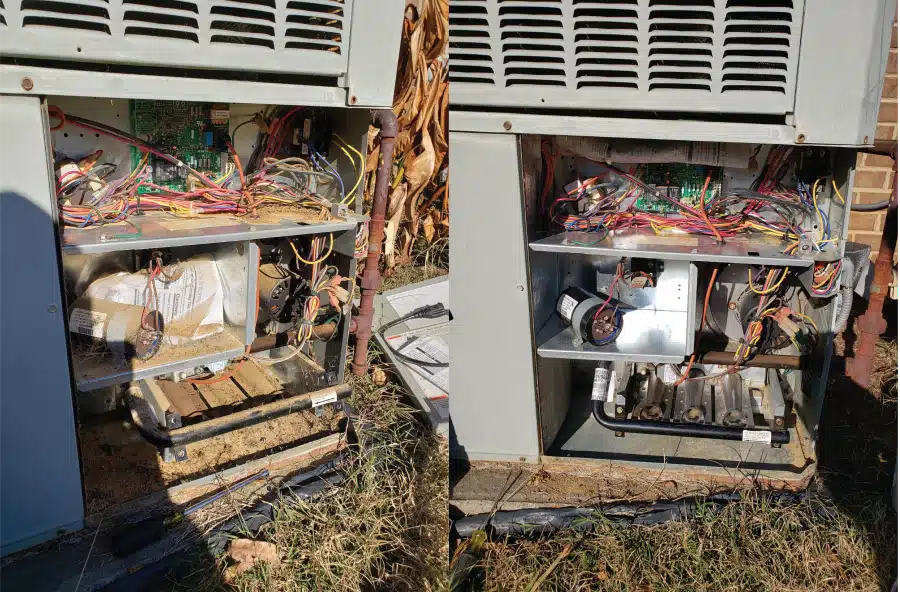
A heat pump works like an air conditioner in reverse during the cold months. Unlike furnaces, this means that during both of your annual maintenance visits, your tech will clean your outdoor unit.
Your outdoor unit needs to be washed off in the spring so it can breathe, but by the fall, it’s dirty again and needs to be rewashed. People with furnaces only need their outdoor units cleaned once a year. But don’t worry! Your additional cleaning does not mean your maintenance is extra. It’s part of the heat pump maintenance and is included.
With your heat pump, you have heat strips that provide emergency heat. This backup heat needs to be checked each year. Have you ever seen the coils in the back of a hair dryer? They get clogged up with hair and dust over time and can start smoking and smelling. Your indoor coils are just like that, which is why we’ll make sure they stay clean.
While we’re at your home, all parts of your unit will also be inspected. Your technician is there to keep your family safe and comfortable!
Air Conditioner Maintenance

Whether you have a central air conditioning system or a heat pump (hybrid system), you still have an air conditioner. That means there are some elements of a maintenance visit that apply to everyone.
No matter what kind of system your home has, your HVAC contractor will check all the wires and their connections to make sure they’re secure and haven’t wiggled loose. This includes any electronic elements of your system inside and outside your home.
During the spring, Morris-Jenkins will perform ac maintenance and clean your outdoor unit to make sure it can pull air without dirt and debris blocking it. As we mentioned earlier, people with heat pumps get this particular service twice a year, but everyone needs their outdoor unit cleaned at least once.
When your home seems too hot or too cold, it’ll probably be your first instinct to look at your thermostat and adjust the temperature. We know it’s important to have the flexibility to change the temperature in your home, and that’s why we always check your thermostat! Our techs wanna make sure yours is performing and displaying accurately to give you maximum control.
Not to mention, we wanna keep you from having to schedule air conditioning repair services that could’ve been completely avoided with a simple tune-up.
Recommended: “Heat Pumps vs. Split-System ACs”
The Outdoor Unit
@morrisjenkinscharlotte Let your AC shine this summer with a fresh Check’n’Wash memorialday satisfying capcut summer
♬ original sound – Morris-Jenkins – morrisjenkinscharlotte
Your outdoor unit is like a vacuum cleaner. If you never empty the bag of your vacuum, it won’t be able to pull up dust or dirt anymore. It’ll just stop working.
Not all problems with your HVAC unit come from dust and debris, but most do. Your outdoor unit pulls in a lot of air to keep your home cool— dust, grass clippings, animal fur, and pollen come with that air. Over time, the outside of your unit gets covered in all this nastiness. Not only that, but when it rains, those pollutants get caked onto your unit. When your unit can’t breathe, it will work harder and harder to keep your home cool, but eventually, it’ll burn out (after it racks up your utility bills).
Regular maintenance with Morris-Jenkins makes sure your unit stays clean! When we come out to your home for your AC maintenance, we’ll take the lid off the unit to get a really thorough cleaning. Your heating and air conditioning technician will spray your unit with an eco-friendly solution on the inside and out that helps peel all that caked-on grime right off! Then, we’ll hose down your unit from the inside. We don’t want all that gross stuff going into your unit, so we spray it out!
Your Condenser Fan
Sometimes, the wires that deliver power to the motor in your outdoor unit can break loose. This results in one of two things: the blades get caught in the wires and the motor gets burnt out, or the wires get cut. Neither option is pretty, but during your HVAC maintenance visit, your technician will make sure all wires are secure.
Leaks in Your System
Your tech will measure your refrigerant levels in your system to make sure it isn’t leaking or wasting precious refrigerant. Refrigerant can be toxic to you and your family, so we’re extra thorough about checking for these leaks.
We’ll also check your ductwork and pipes to make sure none have stopped working on you. If this happens, they can allow contaminated air, insects, or excessively hot and dusty air into your attic. No one wants that!
Insects in Your Unit
Most of the time, outdoor units are in your yard on the ground. For some reason, all outdoor electronic devices seem to attract bugs, especially ants. When it comes to your air conditioner, ants are more than just a little pest. Ants can short out high volt energy contacts! If you wanna know the things insects and animals can do to your unit if it goes unchecked, check out our article about it!
Related: “Dangers of Animals and Your HVAC Unit”
The Indoor Unit
The part of your unit that resides in your house includes a part called a blower wheel. The blower wheel helps pull humid air from your house, keeping things much more comfortable for you and your family! Because of the humidity in your house, the electrical components can get moist, and dust can stick to them. Over time, added weight to the wheel will cause it to come out of balance, and it won’t be able to push air well.
Your unit will have to work longer to achieve the same outcome, and your evaporator coil will ice up. Not only that, but when dust sticks to the wheel itself, it can cause the motor to overheat. All of this can cause chaos with your utility bill!
How Often You Should Schedule HVAC Maintenance
It all comes down to the type of system. Here’s how often each type of HVAC system should receive tune-ups:
- Furnaces: Once a year, ideally in the fall before you start using your heat regularly.
- Central Air Conditioning Systems: Once a year, typically in the spring before summer kicks in.
- Heat Pumps: Twice a year—once in the spring and again in the fall.
- Ductless Air Conditioners: Twice a year, especially if they’re used for both heating and cooling.
- Zoned HVAC Systems: Twice a year because they rely on multiple thermostats and dampers working together.
- Gas Packs: Twice a year—once before heating season and once before cooling season.
Scheduling HVAC Maintenance in Charlotte, NC, and the Surrounding Areas!
Making sure you schedule your HVAC maintenance twice a year is crucial if you wanna keep your family safe and comfortable all year. Morris-Jenkins technicians are highly trained and participate in ongoing training to keep up-to-date on the latest methods of protecting your family.
We’re an HVAC company that does things a little differently; we treat you like family, provide quality service on each and every call, and we’re here til midnight to make sure we’re here when you need us most. We take your needs seriously, and we’re proud to be your neighbor in the Charlotte area.
You can schedule your maintenance at any time with one of our heating and air pros, or you can join our Priority Advantage® Member family, which includes twice-a-year HVAC maintenance and tons of other cool benefits!
